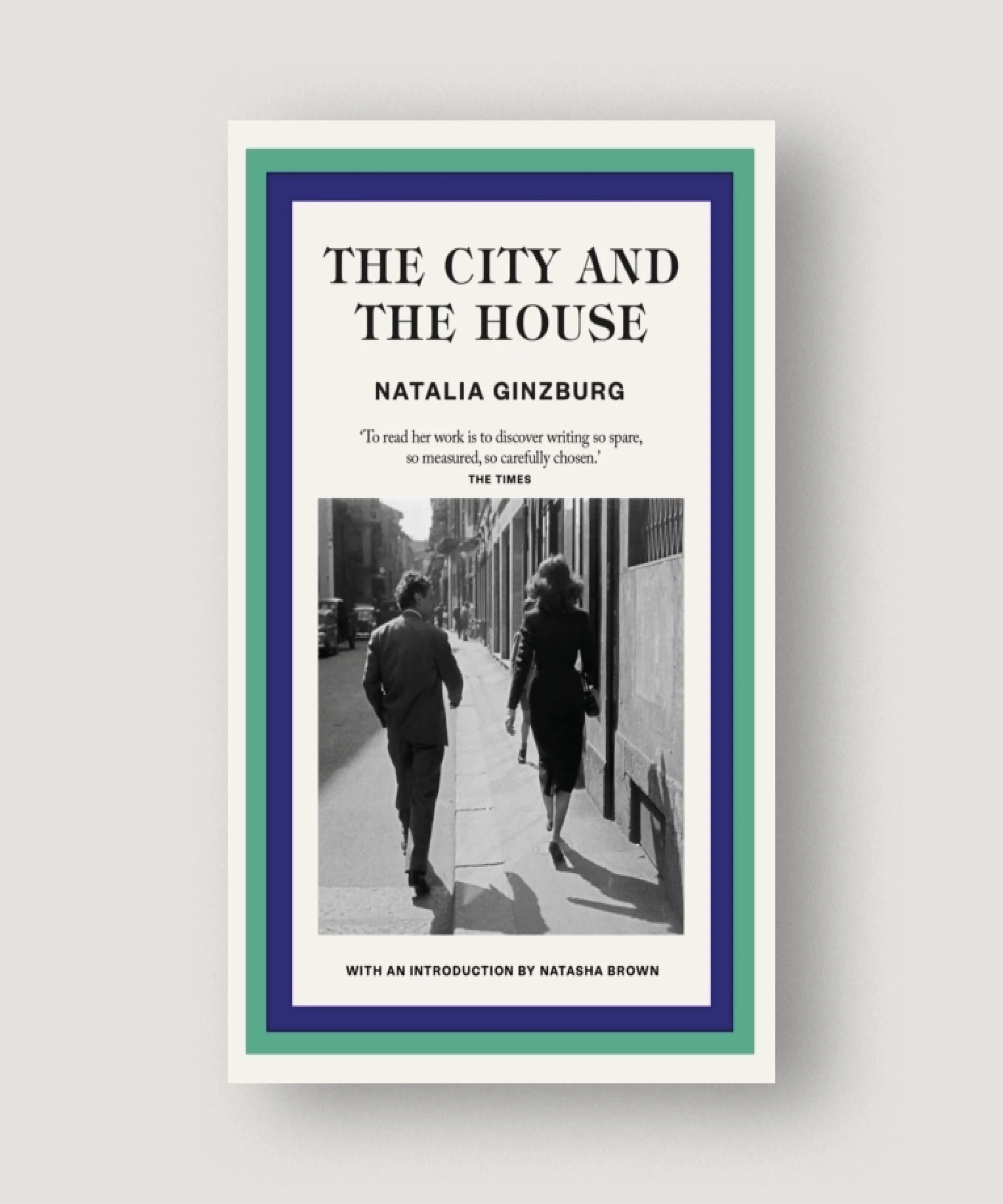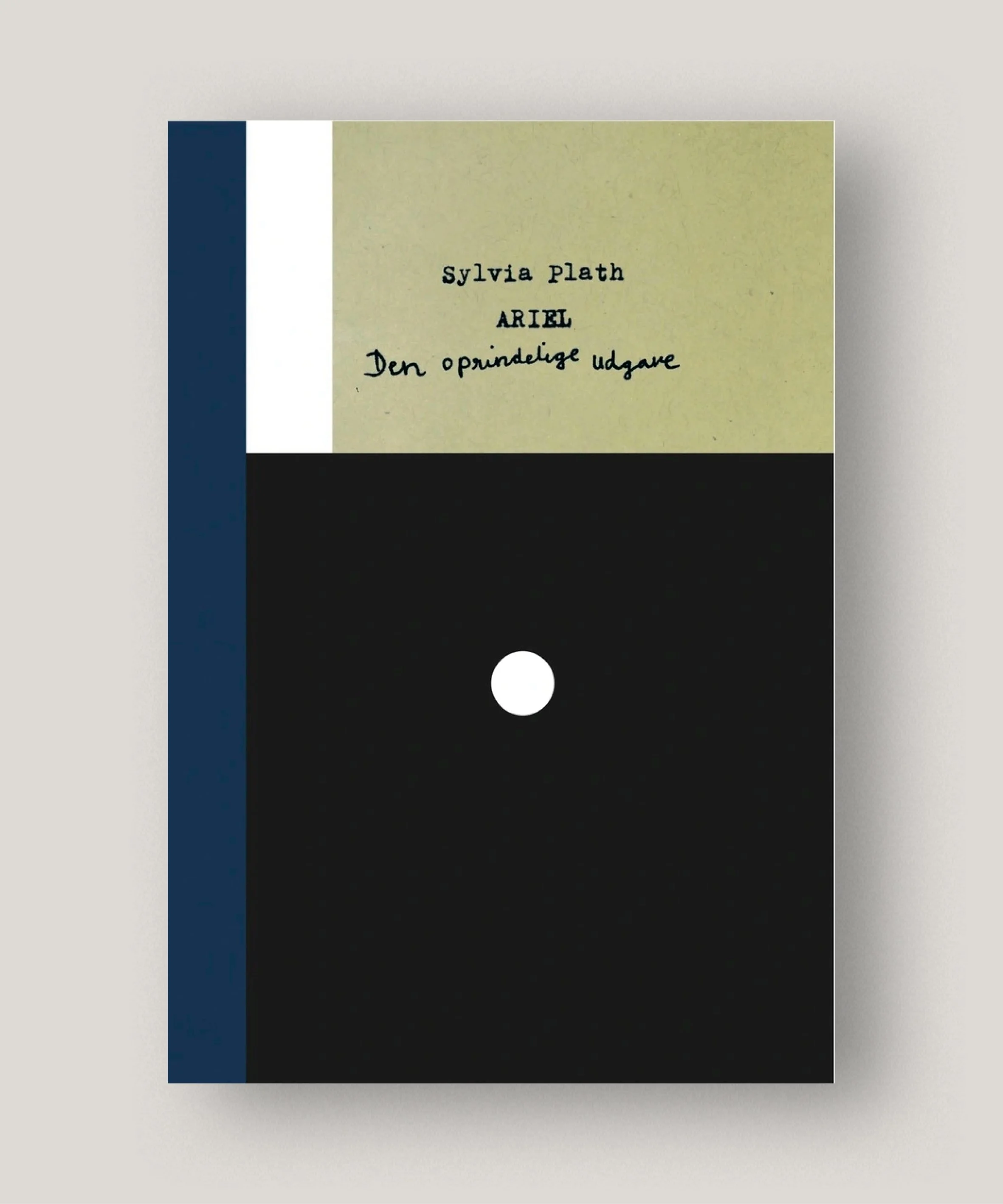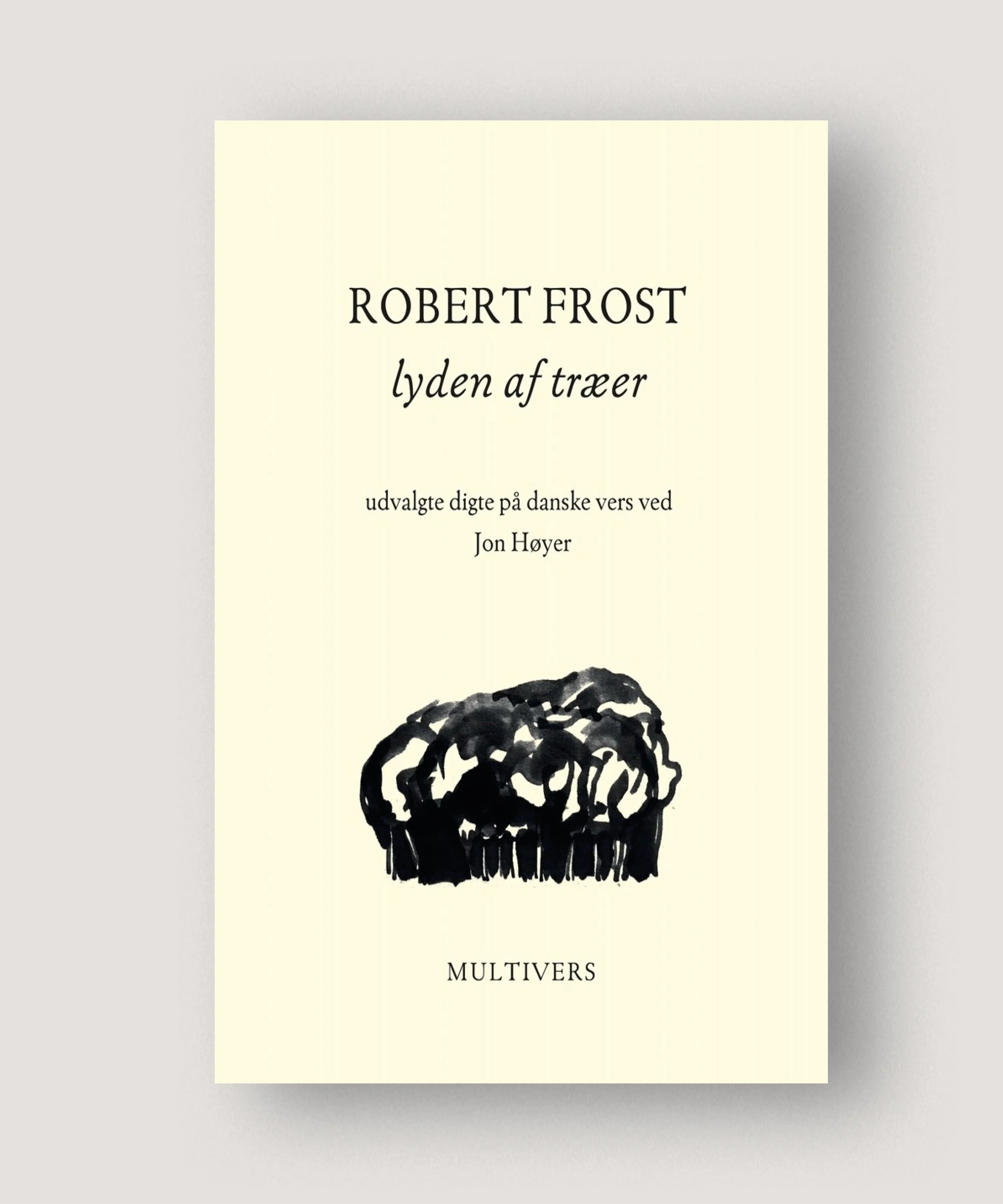 Billede 1 af 1
Billede 1 af 1


Notes to John – Joan Didion
In November 1999, Joan Didion began seeing a psychiatrist because, as she wrote to a friend, her family had had 'a rough few years'. She described the sessions in a journal she created for her husband, John Gregory Dunne.
For several months, Didion recorded conversations with the psychiatrist in meticulous detail. The initial sessions focused on alcoholism, adoption, depression, anxiety, guilt, and the heartbreaking complexities of her relationship with her daughter, Quintana. The subjects evolved to include her work, which she was finding difficult to maintain for sustained periods. There were discussions about her own childhood – misunderstandings and lack of communication with her mother and father, her early tendency to anticipate catastrophe – and the question of legacy, or, as she put it, 'what it’s been worth'. The analysis would continue for more than a decade.
Didion’s journal was crafted with the singular intelligence, precision, and elegance that characterize all of her writing. It is an unprecedently intimate account that reveals sides of her that were unknown, but the voice is unmistakably hers – questioning, courageous, and clear in the face of a wrenchingly painful journey.
In November 1999, Joan Didion began seeing a psychiatrist because, as she wrote to a friend, her family had had 'a rough few years'. She described the sessions in a journal she created for her husband, John Gregory Dunne.
For several months, Didion recorded conversations with the psychiatrist in meticulous detail. The initial sessions focused on alcoholism, adoption, depression, anxiety, guilt, and the heartbreaking complexities of her relationship with her daughter, Quintana. The subjects evolved to include her work, which she was finding difficult to maintain for sustained periods. There were discussions about her own childhood – misunderstandings and lack of communication with her mother and father, her early tendency to anticipate catastrophe – and the question of legacy, or, as she put it, 'what it’s been worth'. The analysis would continue for more than a decade.
Didion’s journal was crafted with the singular intelligence, precision, and elegance that characterize all of her writing. It is an unprecedently intimate account that reveals sides of her that were unknown, but the voice is unmistakably hers – questioning, courageous, and clear in the face of a wrenchingly painful journey.





